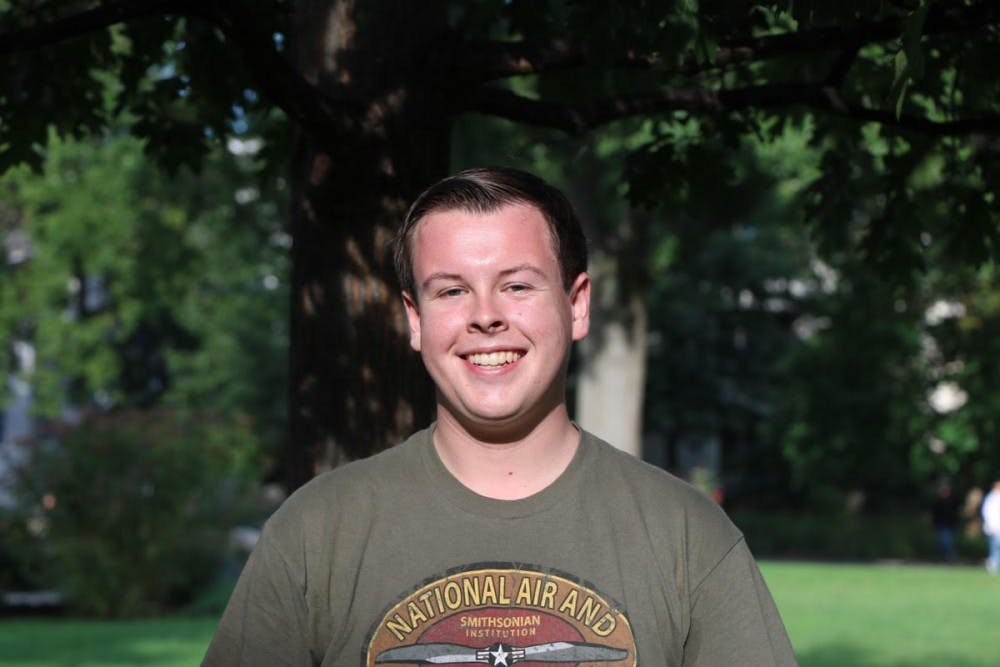After the introduction of the Student Government referendum to raise the student activity fee from $88.50 to $100 per semester for each student, one question immediately came to mind: Why the hell does this University need more of our money just to adequately fund the programs they offer on campus?
AU’s estimated $65,000 in fees, tuition, housing and meal plans for incoming students is already $15,000 more than the average private university in the U.S., according to a survey by the College Board in the 2017-2018 academic year. The idea that the University would try to solve the historic lack of funding reported by several clubs on campus by charging students even more is ridiculous.
How can it be that the extra $11.50 per semester couldn’t be repurposed from somewhere else in the tens of thousands of dollars that each student pays every year?
Here’s the answer: as absurd as it sounds, AU is pretty much broke.
According to the “Budget from the President” outlining expected expenditures and revenue for AU’s 2018-2019 fiscal years, the University just barely breaks even on the cost of maintaining the school and the money the school brings in.
Despite consistent criticism of AU’s high tuition and housing fees, they appear to be the only thing keeping the University afloat.
In the budget report, the 2018 fiscal year’s revenue and expenses both were projected to equal $683.6 million. According to information collected by College Data, AU’s endowment is significantly less than that of George Washington University or Georgetown University. At around $620 million, AU has about a third of the invested funds of the other two universities.
The only reason that AU’s budget is expected to increase for the 2019 fiscal year is by raising the costs of meal plans, housing and tuition for incoming students. In the last three years, the total cost of the academic school year for incoming freshmen has increased by over $5,000 and is expected to increase by another $2,000 in 2019.
AU’s total budget is almost entirely sustained by tuition and student fees, with more than three-quarters of the University’s revenue coming from students.
As for expenditures, the University puts nearly half of its money into its staff, and divides the rest into supplies, financial aid and various campus services.
At a high-power university striving to compete with other privates colleges in D.C., our administration has a responsibility to devote the same time and resources to programs that currently exist on campus as it does to the big projects and plans for its future.
It appears that AU may be overextending itself to be competitive, at the cost of the satisfaction and accessibility for new and current students.
AU fails to address the needs of incoming and currently enrolled students that have repeatedly demanded that the University work harder to make the school affordable. How will students benefit from the University’s plans if no one can afford to come here?
The 2018-2019 budget includes a recognition of the impact that rising tuition has had on students, immediately followed by a note that tuition will increase by 3.3 percent each of the two fiscal years. Acknowledging an issue means nothing if the University isn’t willing to do something about it.
The AU Board of Trustees met in mid-November to discuss the next two-year operating budget. As the trustees decide how to fund the University’s various institutions, students will have to hope that the worries and problems they have expressed with continuing increases in tuition will be heard and respected under the new administration. Given the current circumstances, it seems likely that student concerns will fall on deaf ears.
Braeden Waddell is a sophomore in the School of Communications and a staff columnist for The Eagle.
This article originally appeared in The Eagle's November 2018 fall print edition.





